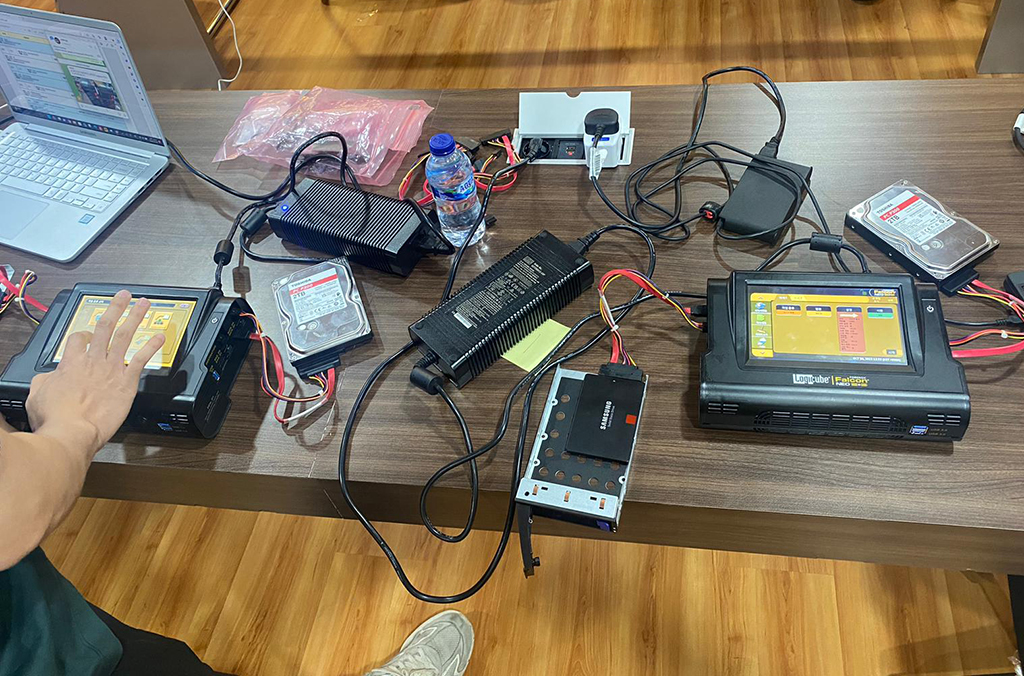
LYON, France – A criminal group responsible for the illegal streaming of 72 Korean and international channels and the distribution of nearly 110,000 video files has been dismantled following joint action between authorities in Korea, Indonesia and INTERPOL.
The illegal service had been running for approximately nine years, capitalizing on the high demand among Korean expatriates for domestic real-time broadcasting content, amounting to more than KRW 16 billion (USD 1.23 million) in estimated losses.
The suspects had subscribed to 40 Korean cable TV service accounts and would re-broadcast their content to Indonesia. They also provided video-on-demand (VOD) services to users who connected to their platform via customized TV boxes, applications, and web browsers.
The successful collaboration comes under the INTERPOL Stop Online Piracy Project (I-SOP). Coordination with the Indonesian Directorate General of Intellectual Property (DGIP), the Korean Ministry of Culture, Sports and Tourism (MCST), and the Korean National Police Agency (KNPA), led to the arrest of three suspects behind the illegal Internet Protocol television (IPTV) service.
The illegal service was first flagged by the copyright holder to Indonesian officials in May 2023. When a full-scale investigation was opened, INTERPOL facilitated meetings and coordinated joint enforcement actions between Korean and Indonesian officials.
Simultaneous raids were subsequently held in both countries in late October, leading to the arrests.
LIM Seonghwan, Director General of the Copyright Bureau MCST said:
“The MCST’s Copyright Crime Forensic Investigation Division will continue to expand international cooperation investigations in collaboration with INTERPOL’s I-SOP project to address copyright infringement crimes occurring overseas. We also plan to enhance our digital investigative capabilities, including digital forensics.”
I-SOP is a five-year project funded by the MCST, which aim at combating crimes involving intellectual property infringement such as trademark counterfeiting and copyright piracy.
Digital piracy is a global threat, affecting creative industries such as film, TV, music and publishing, as well as the economy at large. Illegal downloads and distribution of such content results in substantial financial losses for the industries concerned which in turn affects tax revenue and jobs. Of particular concern is these crimes are often linked to other illegal activities, such as terrorist financing, money laundering and human trafficking.



